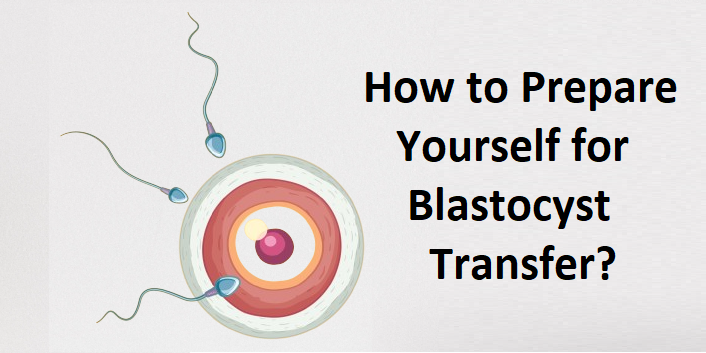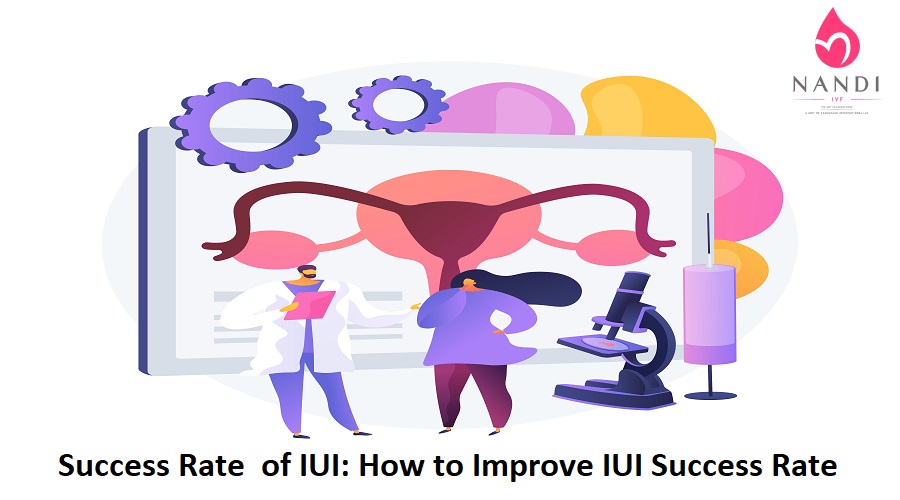Blastocyst transfer is a technique that is used in in vitro fertilisation (IVF) to increase pregnancy chances and reduce the risk of multiple births. However, The excitement and anticipation leading up to a blastocyst transfer can be overwhelming. After months or even years of trying to conceive, your dreams of becoming pregnant are finally within reach. While it’s normal to feel a whirlwind of emotions, preparing mentally and physically can help you ease at this time.
This blog post will explore physical, emotional and lifestyle considerations to help set you up for the best chances with your upcoming blastocyst transfer in the best IVF centre in Delhi.

Tips on How to Get Ready for Blastocyst Transfer
As you approach a blastocyst transfer, one of the final steps in the IVF process, having a good understanding of what to expect both physically and emotionally can help you feel more prepared. Here are some tips for your upcoming blastocyst transfer:
Follow Your Doctor’s Instructions
The first and foremost thing is following your doctor’s specific instructions on how to prepare for blastocyst transfer, such as when to take your medications, when to have blood tests and ultrasounds, and when to abstain from intercourse. You should follow the given instructions carefully and contact your IVF specialist if you have any questions or concerns.
Seek Support
You should seek support from your partner, family, friends, or your IVF specialist in Delhi about any concerns around IVF or blastocyst transfer. You can share your feelings, fears, hopes, and experiences with them and get some advice, comfort, or encouragement. You can also consider joining some online or offline support groups or forums where you can connect with people who are going through the same journey.
Have Realistic Expectations
Understand that while IVF treatment in Delhi offers high success rates, there are no guarantees. The experts, even at smart IVF, recommend focusing on each step of the process rather than fixating on the result. Be cautiously optimistic but also realistic that it may take more than one transfer for pregnancy to occur. Setting realistic expectations minimises disappointment if the first try is unsuccessful.
Take Care of Your Body
Your physical condition also plays a role in IVF outcomes. In the weeks leading up to blastocyst transfer, maintain a healthy diet and exercise routine.
You must get plenty of rest and drink lots of fluids to support uterine health. Also, you can talk to your IVF doctor in Delhi about any medications or supplements to optimise your body for implantation.
Practice Relaxation Techniques
Given the emotional toll of IVF, anxiety before and during transfer is very common.
- Make time each day to practice relaxation techniques such as meditation, yoga, deep breathing or visualisation.
- Listen to soothing music, get a massage or try acupuncture.
- Do whatever helps you feel centered and calm.
Lifestyle Optimization
Your lifestyle habits can improve or hinder your treatment outcomes. Here are some changes worth making in preparation:
- Eat plenty of protein, fruits/veggies, whole grains and healthy fats like avocado and nuts. A balanced diet provides critical nutrients that support implantation and fertility. You can consider working with a nutritionist specializing in fertility nutrition.
- If you drink alcohol, avoid it for 2 weeks pre and post-transfer, just to be safe.
- Limit caffeine to 1 cup per day. Excess caffeine may impact implantation, so err on the side of caution.
- Check with your IVF doctor in Delhi before taking any new supplements while undergoing treatment.
Prepare for Transfer Day
To reduce stress, have everything ready to go on the actual day of your blastocyst transfer. Arrange for transportation to and from the IVF centre in Delhi, whether it’s a loved one or a rideshare service. Some other points ot consider:
- Prefer wearing comfortable clothes that make you feel good.
- Have your partner or support person join if allowed.
- Pack a bag with any personal items that promote feelings of peace and positivity. Being organised can provide a sense of control.
- Find activities that make you happy and keep your mind occupied.
Post-Transfer Care: Next Steps
Immediately after the transfer, most clinics encourage 15-30 mins of modified bedrest to give that blastocyst a chance to attach before resuming normal movement.
- You will likely continue progesterone support injections or supplements for 10-12 weeks, along with any other medications per clinic protocol.
- Post-transfer, expect some cramping, bloating or light spotting as your body adjusts.
- Avoid strenuous activity, sex, tampon use, and hot tub exposure for several days, as instructed by your IVF centre in Delhi.
- Schedule bloodwork to confirm implantation around 2 weeks after transfer.
Final Words
Blastocyst transfer is a pivotal moment in IVF treatment, bringing you one step closer to success. While the process can be stressful, taking steps to care for your physical and emotional well-being will go a long way. Surround yourself with a strong support network, and be kind to yourself every step of the way. Even if you face failed IVF cycles, allow yourself time to grieve, but don’t lose all hope. It often takes multiple transfers, even under optimal conditions.
With the highest quality treatment from the best IVF in Delhi, like Nandi IVF, your chances of becoming pregnant are very high. You just need to stay focused on your dream of holding your healthy baby in your arms.




